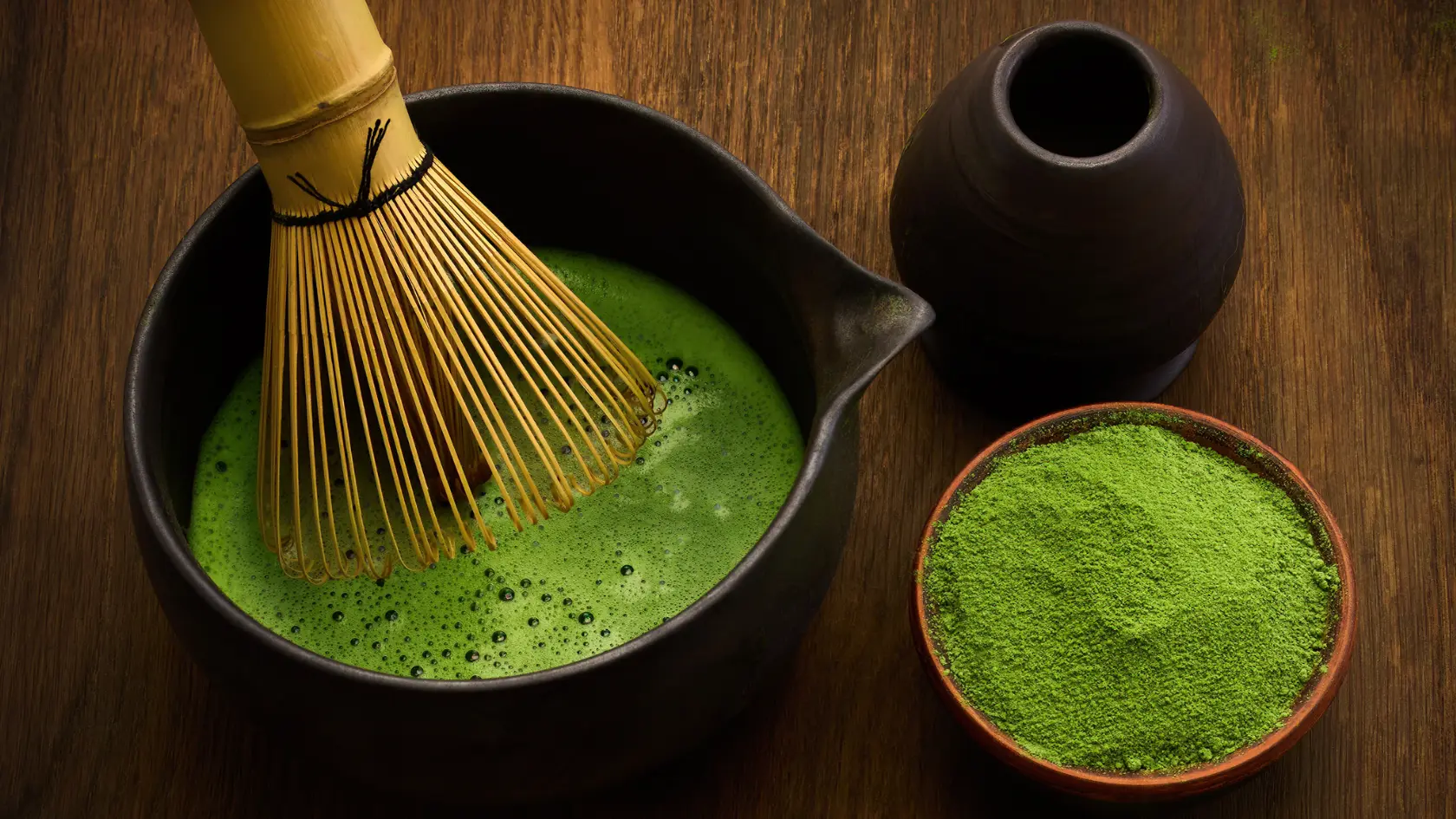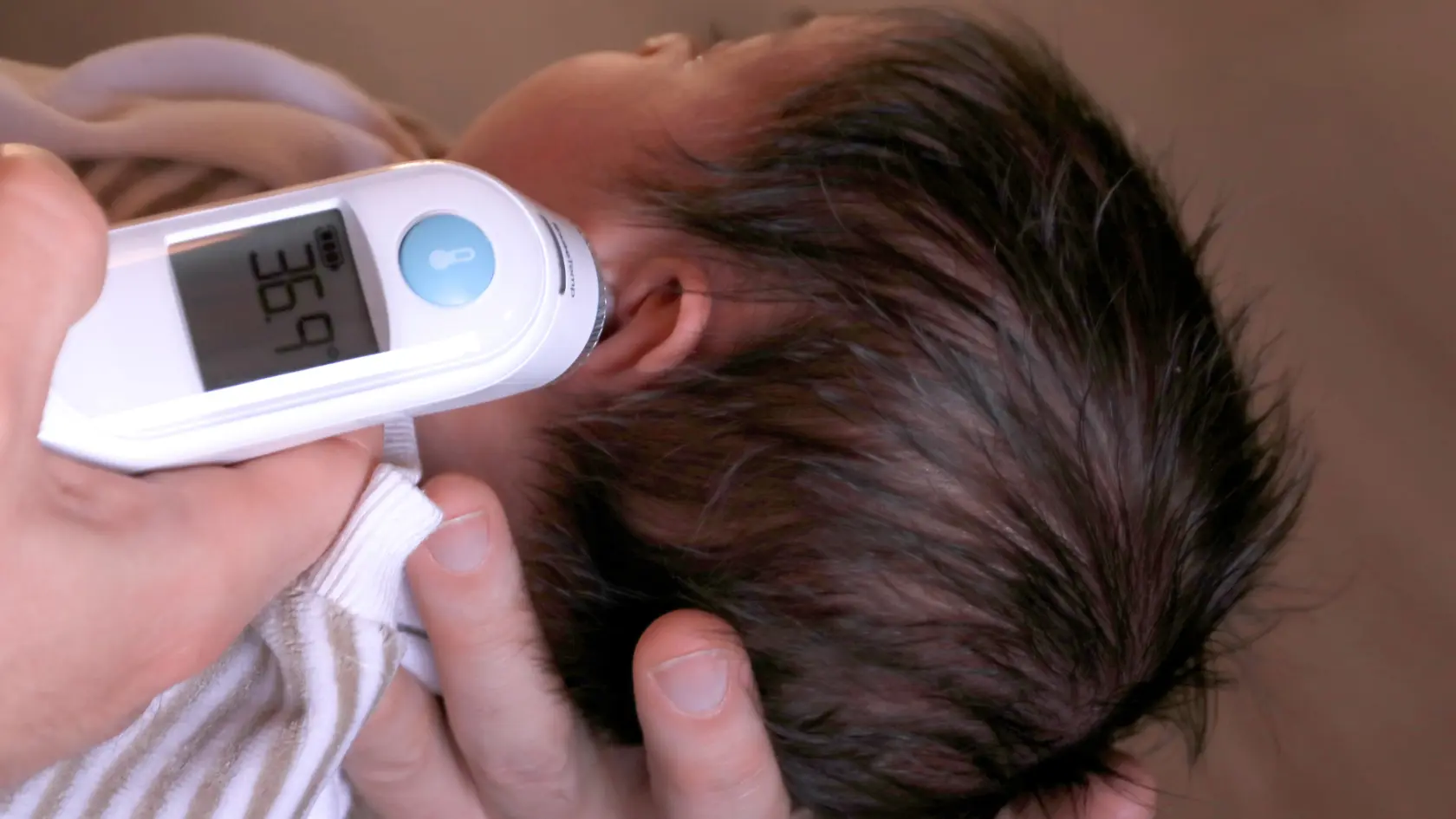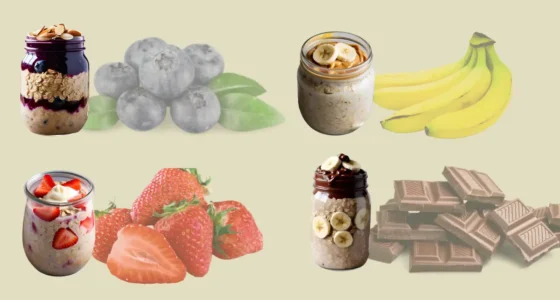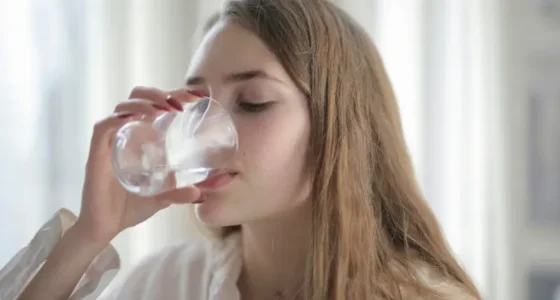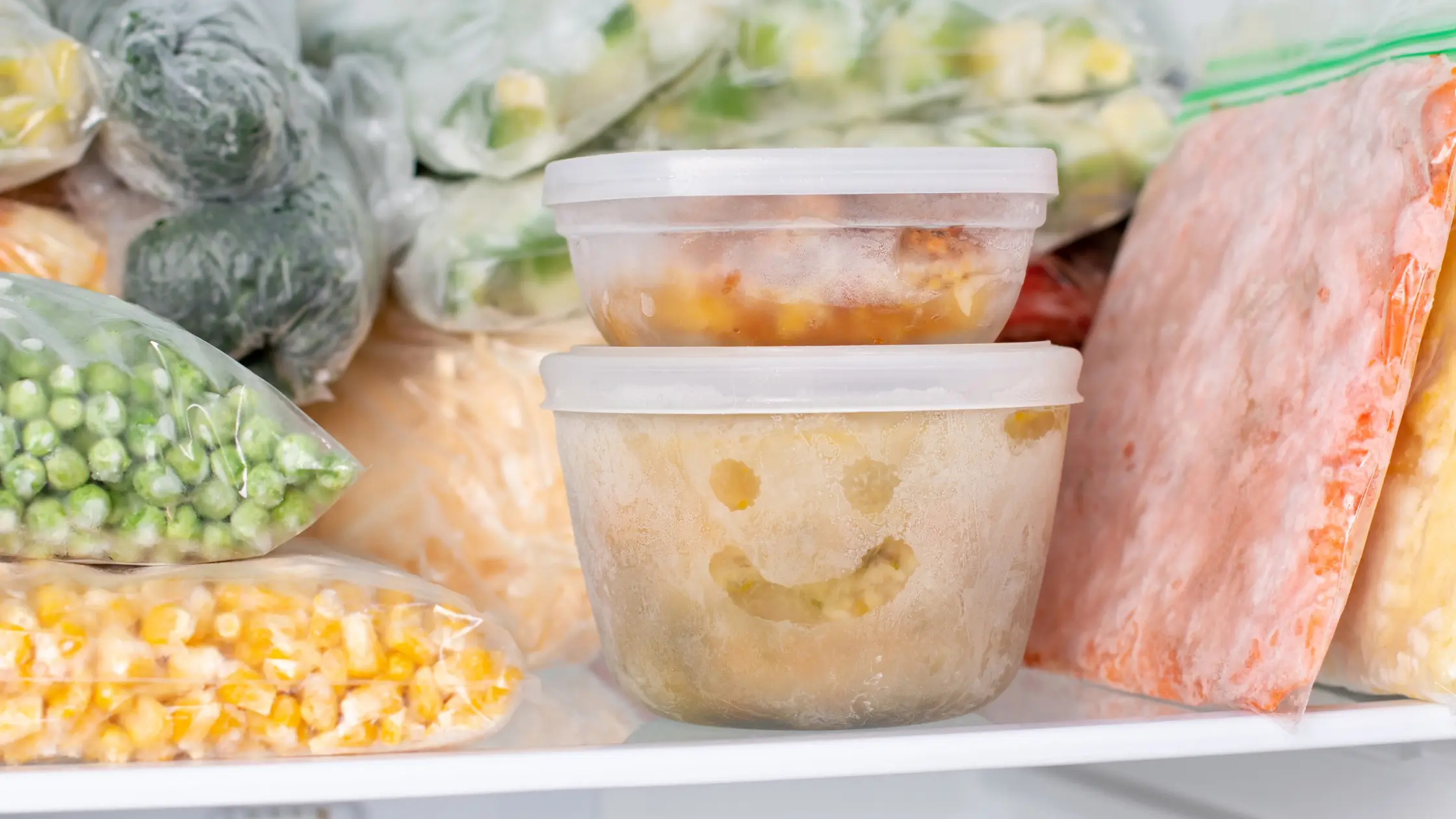Does matcha have caffeine? Tea lovers, health-conscious people, and pregnant women in particular often ask this question. Green tea in powdered form, matcha, has become well-known for its health advantages, rich flavor, and, more recently, its purported ability to increase energy levels. But if you’re pregnant or planning to get pregnant, understanding matcha’s caffeine content becomes crucial.
In this comprehensive guide, we’ll break down everything you need to know about matcha have caffeine, how much caffeine is in matcha, whether it’s safe during pregnancy, and how it compares to other caffeinated drinks like coffee and tea.
Table of Contents
- How Much Caffeine Does Matcha Have?
- Does Matcha Tea Have Caffeine?
- Does Matcha Green Tea Have Caffeine?
- Does Matcha Have a Lot of Caffeine?
- Does Matcha Have More Caffeine Than Coffee?
- The Role of L-Theanine in Matcha’s Effects
- The Effect of Caffeine During Pregnancy
- Is It Safe to Drink Matcha During Pregnancy?
- Benefits of Matcha During Pregnancy
- Risks of Matcha During Pregnancy
- Matcha vs. Other Caffeine Sources During Pregnancy
- How to Safely Enjoy Matcha During Pregnancy
- FAQ Section
- Final Thoughts: Does Matcha Have Caffeine
How Much Caffeine Does Matcha Have?
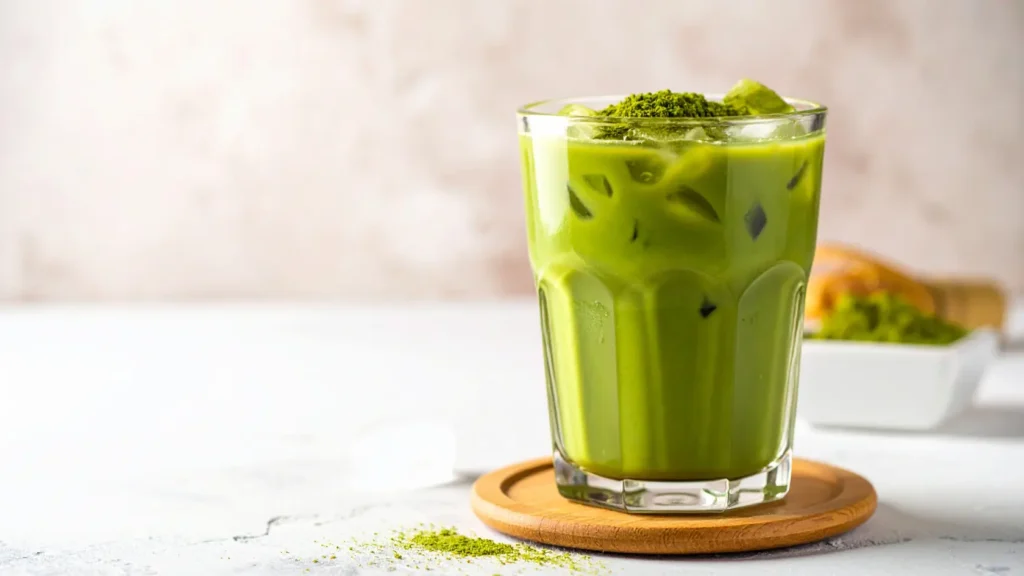
When asking “Does matcha have caffeine in it,” the answer is yes. However, the caffeine content in matcha is notably different from that found in regular green tea or coffee.
Caffeine Levels in Matcha
An average amount of matcha (1 gram, or around 1/2 teaspoon of matcha powder) has almost 70 milligrams of caffeine. As a point of reference, a typical cup of green tea brewed will have an average of 30-50 milligrams of caffeine in 8 ounces. This is because matcha has a higher amount of caffeine compared to normal green tea because it is made of powdered tea leaves in their entirety.
Nevertheless, matcha has less caffeine than coffee, which may have between 95 milligrams and 200 milligrams in an 8 ounces cup. However, the mechanism of action of caffeine when taken in matcha is not the same and that will be discussed in the next section.
Does Matcha Tea Have Caffeine?
Yes, matcha tea has caffeine. However, the method of preparation differs from traditional tea brewing. Unlike regular tea, where leaves are steeped and discarded, matcha powder is dissolved into the water, which means you consume the entire leaf. This allows you to benefit from all of its nutrients, including its caffeine content.
The caffeine in matcha is released gradually, providing a more sustained energy boost than the often sharp, short-lived caffeine hit from coffee.
Does Matcha Green Tea Have Caffeine?
Does matcha green tea have caffeine? Absolutely. As the whole leaf is ground into a fine powder, matcha green tea contains all of the natural caffeine found in the tea leaves, unlike regular green tea that is steeped. This method of preparation makes matcha an efficient source of caffeine.
Does Matcha Have a Lot of Caffeine?
This brings us to the question: Does matcha have a lot of caffeine? In comparison to other green teas, matcha does contain more caffeine, but it still falls below the typical caffeine content of coffee.
If you’re someone who is particularly sensitive to caffeine, it’s essential to note that matcha can still cause the same side effects as other sources of caffeine, such as anxiety, restlessness, and disturbed sleep, especially when consumed in excess.
Does Matcha Have More Caffeine Than Coffee?
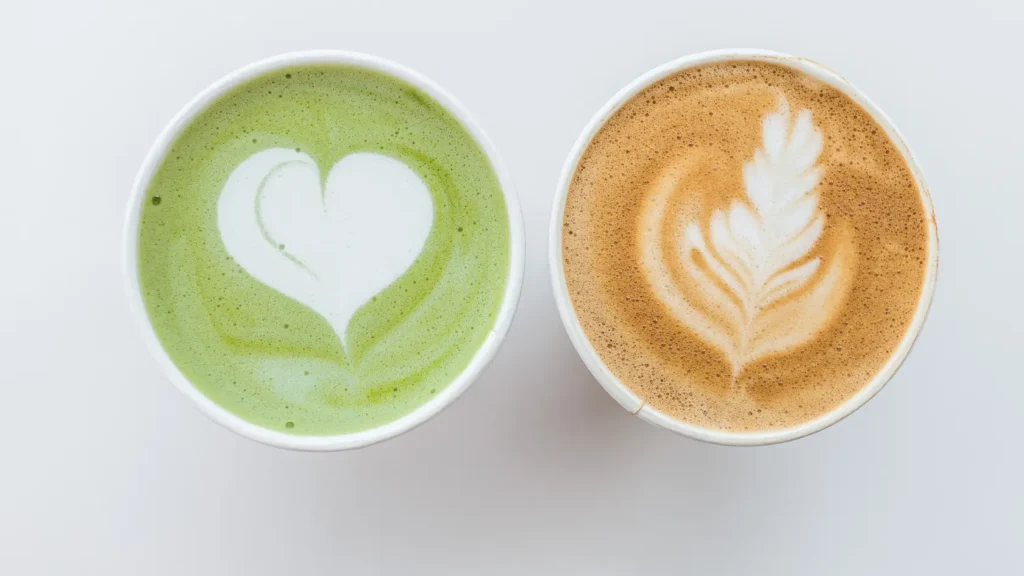
Does matcha have more caffeine than coffee? While matcha contains caffeine, it does not have more caffeine than coffee. A typical serving of matcha has about 70 milligrams of caffeine, but an 8-ounce cup of coffee typically includes 95 to 200 milligrams.
However, the experience of caffeine in matcha can feel different due to the L-theanine, which helps the body absorb the caffeine more gradually. This creates a more sustained and steady release of energy, compared to the rapid energy spike and subsequent crash that can occur after drinking coffee.
The Role of L-Theanine in Matcha’s Effects
L-theanine has several positive effects on your body, particularly for those looking to avoid the jittery feeling often associated with caffeine. When combined with caffeine in matcha, it promotes:
Calm Alertness
Calm alertness is a state where you are mentally sharp and aware, but without feeling overstimulated or jittery. This is particularly useful to those who would like to remain alert and active all day without a caffeine crash, which is the result of coffee. The balanced alertness is achieved with Matcha, whose combination of caffeine and L-theanine is unique. While caffeine provides the energy boost needed to stay alert, L-theanine moderates its effect by calming the mind, resulting in a more stable, sustained level of energy without any of the typical nervousness or anxiety that might accompany other caffeinated drinks.
Focus and Mental Clarity
Focus and mental clarity are vital for staying productive and sharp throughout the day, especially when faced with complex tasks. The combination of caffeine and L-theanine in matcha enhances cognitive function by improving concentration and supporting clearer thinking. While caffeine helps increase attention and mental alertness, L-theanine promotes a calm state of mind, allowing you to stay focused without the distractions or mental fog often caused by stress or overstimulation. This dual effect makes matcha a powerful drink for maintaining focus during work, study, or any task that demands mental clarity.
A Reduction in Stress and Anxiety
One of the best things about drinking matcha is that it can help lower stress and anxiety because it has a lot of L-theanine. L-theanine works by making more calming neurotransmitters like GABA, dopamine, and serotonin, which help lower stress and anxiety. Matcha is a better choice than coffee because it doesn’t make you more stressed out and has less caffeine. It keeps you calm and relaxed while still giving you the energy boost that caffeine does. This makes it a great choice for people who need energy but also want to stay calm and collected all day. It helps maintain calmness and relaxation while still offering the alertness boost that caffeine provides, making it an ideal choice for those who need energy but also want to stay calm and composed throughout their day.
The Effect of Caffeine During Pregnancy
You need to be careful about how much caffeine you drink when you’re pregnant because it could affect both you and your baby. Too much caffeine during pregnancy can cause a number of problems, such as:
Increased Risk of Miscarriage
The possibility that a pregnancy would end before the twentieth week due to a number of variables, including excessive coffee consumption, is known as an increased risk of miscarriage. According to certain research, too much coffee may interfere with the placenta’s blood flow, which could have negative effects on fetal growth and result in difficulties. However, a reasonable amount of caffeine is usually safe to consume while pregnant; too much of it, usually more than 200 mg daily, can raise the risk of miscarriage. For this reason, it’s crucial to keep track of caffeine intake from all sources, including matcha, in order to adhere to the suggested limits.
Low Birth Weight
A birth weight under 5 pounds 8 ounces (2,500 grams) per child at birth is referred to as low birth weight, and this increases the risk of the child developing health issues in the future. In the case of pregnancy, the study has found that excessive consumption of caffeine can result in fetal growth retardation and low birth weight. Caffeine is a stimulant that can reduce blood flow to the placenta, limiting the nutrients and oxygen that the baby receives, which can affect growth. Limiting caffeine consumption to the advised levels can facilitate optimal nourishment for the baby’s growth and development.
Preterm Birth
Preterm birth is when a baby is born before 37 weeks of pregnancy. This can cause a number of health problems for the baby, such as developmental delays and breathing problems. Some studies suggest that drinking a lot of caffeine may make it more likely that a baby will be born too early, but more research is needed. Caffeine can cause the uterus to contract and change how the body processes some hormones, which could lead to early labor. Pregnant women need to keep an eye on how much caffeine they drink and stay within safe limits to lower the risk of giving birth too early.
Is It Safe to Drink Matcha During Pregnancy?
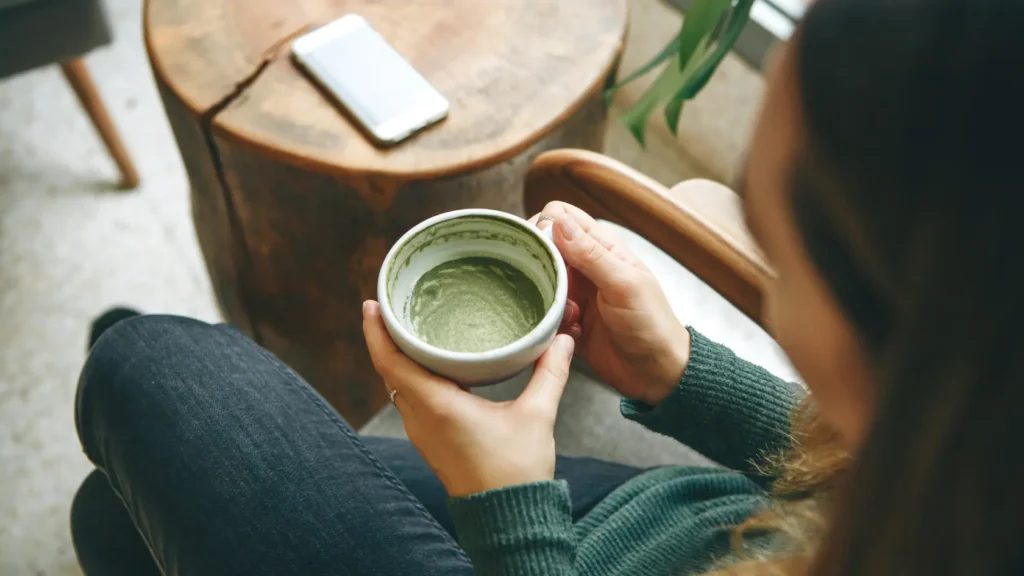
Is matcha safe during pregnancy? The answer is yes, in moderation. Since a typical serving of matcha contains approximately 70 milligrams of caffeine, it’s important to consider how much caffeine you’re consuming from other sources like coffee, chocolate, and even some medications.
The FDA recommends limiting caffeine intake during pregnancy to 200 milligrams per day, which is roughly equivalent to one cup of coffee. One serving of matcha fits comfortably within this limit, but drinking multiple servings throughout the day could cause you to exceed the recommended daily limit of caffeine intake.
Benefits of Matcha During Pregnancy
Despite the caffeine content, there are several potential health benefits of consuming matcha during pregnancy:
Rich in Antioxidants
Matcha is packed with catechins, a type of antioxidant that helps protect your body from free radical damage, strengthens your immune system, and reduces the risk of chronic diseases by neutralizing harmful oxidative stress in the body.
Supports Healthy Skin
The antioxidants in matcha may also help reduce inflammation, which can be beneficial for maintaining healthy skin during pregnancy, reducing acne or skin irritation, and promoting a radiant complexion by fighting oxidative stress and preserving skin elasticity.
Improves Focus and Mental Clarity
The combination of caffeine and L-theanine is effective in improving attention, and it can be used to overcome stress and fatigue during pregnancy. This leads to improved cognitive ability and more stable and calm mental state which is easier to cope with the daily tasks.
Risks of Matcha During Pregnancy
However, consuming too much matcha during pregnancy can lead to potential risks:
Excessive Caffeine
Consuming several servings of matcha daily may be more than the safe level of caffeine, causing anxiety, sleep problems, and possible heart palpitations. Also, having excessive caffeine when pregnant can increase the chances of miscarriage and damage your unborn infant, and thus it is important to be moderate.
Interference with Iron Absorption
Matcha, like other caffeinated beverages, can interfere with the absorption of iron, which is essential for a healthy pregnancy. Iron deficiency can increase the risk of preterm delivery, low birth weight, and developmental delays. This can be especially concerning if iron levels are already low during pregnancy.
Matcha vs. Other Caffeine Sources During Pregnancy
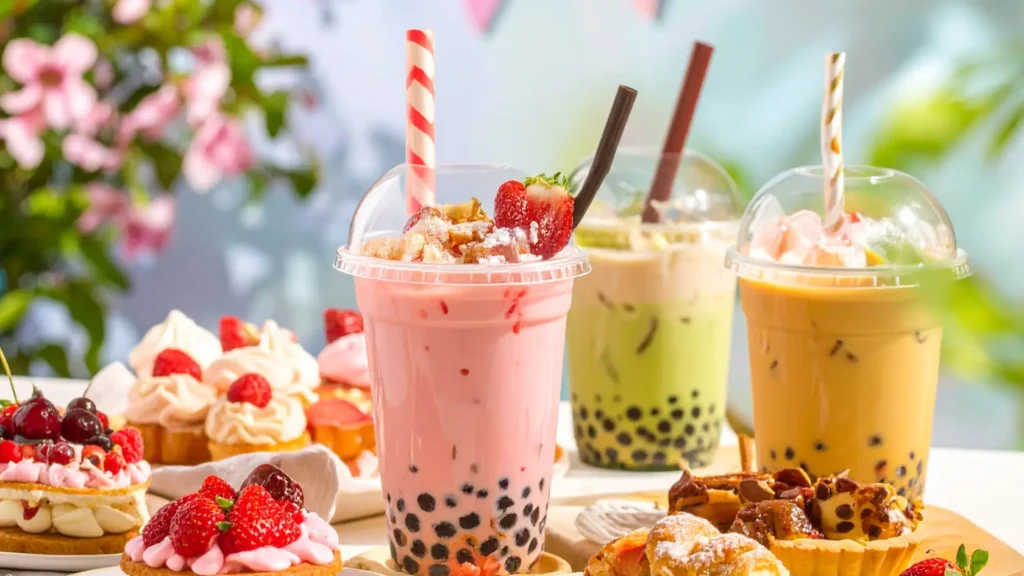
When you compare matcha to other caffeine sources, it becomes clear that it’s a gentler alternative to coffee, with more benefits and fewer risks when consumed in moderation.
How to Safely Enjoy Matcha During Pregnancy
Here are a few safe ways to enjoy matcha during pregnancy:
1. Moderate Your Intake
Keep the dials to one serving of matcha a day so that you do not take too much caffeine, as that will be within the recommended daily intake and may result in adverse consequences on your own health and your pregnancy.
2. Consider Your Total Caffeine Intake
Keep in mind that other caffeine sources, such as coffee, tea, chocolate, and even some medications, can increase your total caffeine intake and make it simpler to inadvertently surpass the recommended daily intake during pregnancy.
3. Avoid Sweetened Matcha Drinks
While matcha lattes and other flavored drinks are delicious, they can often be high in sugar. Keeping your sugar intake in check is also important during pregnancy, as excess sugar can increase the risk of gestational diabetes and affect fetal development.
FAQ Section
Q1: Does matcha have caffeine in it?
Yes, matcha has caffeine, typically about 70 milligrams per serving, which is more than regular green tea but less than coffee.
Q2: How much caffeine does matcha have?
A standard serving of matcha (1 gram or ½ teaspoon of powder) contains around 70 milligrams of caffeine.
Q3: Is it safe to drink matcha during pregnancy?
In moderation, matcha is safe during pregnancy, as long as your total caffeine intake doesn’t exceed 200 milligrams per day.
Q4: Does matcha have more caffeine than coffee?
Despite the fact that matcha contains lower caffeine than coffee, the combination of caffeine and L-theanine provides a more sustained supply of energy.
Q5: Can matcha cause problems during pregnancy?
Excessive caffeine from matcha could interfere with your pregnancy, leading to risks such as miscarriage or low birth weight. Stick to moderate consumption.
Final Thoughts: Does Matcha Have Caffeine
To summarize, does matcha have caffeine? Admittedly, matcha is not without caffeine, but it is not as much as coffee, and its effect is more balanced thanks to L-theanine. Pregnancy is one case where matcha should be taken in moderation to bring many health benefits, including antioxidants and even better mental acuity, though keeping it within the safe caffeine limit range. Only remember to keep the total amount of caffeine consumed in all forms in check so that you have a healthy pregnancy.
Explore more on Pregnancy Must –
